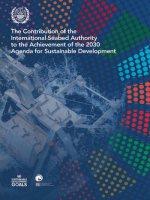ISA's contributions to the achievement of the 2030 Agenda
ISA is committed to supporting the timely and effective achievement of the goals and targets of the 2030 Agenda for Sustainable Development of the United Nations through the implementation of the economic, social and environmental mandates assigned to it by UNCLOS and the 1994 Agreement.
Such mandates include:
- ensuring that activities in the Area are carried out for the benefit of humankind as a whole
- ensuring effective protection for the marine environment and of human life with respect to activities in the Area
- promoting and encouraging the conduct of marine scientific research in the Area
- promoting the effective participation of developing States in activities in the Area.
ISA’s current and future contributions to achieving the 2030 Agenda are described in an independent report commissioned by the Secretary-General of ISA and released in November 2021.
Although all SDGs are of relevance to the work of ISA, the report highlights that, as of today, ISA contributes to advancing 12 of the 17 SDGs.


Strengthening the rule of law in ocean governance
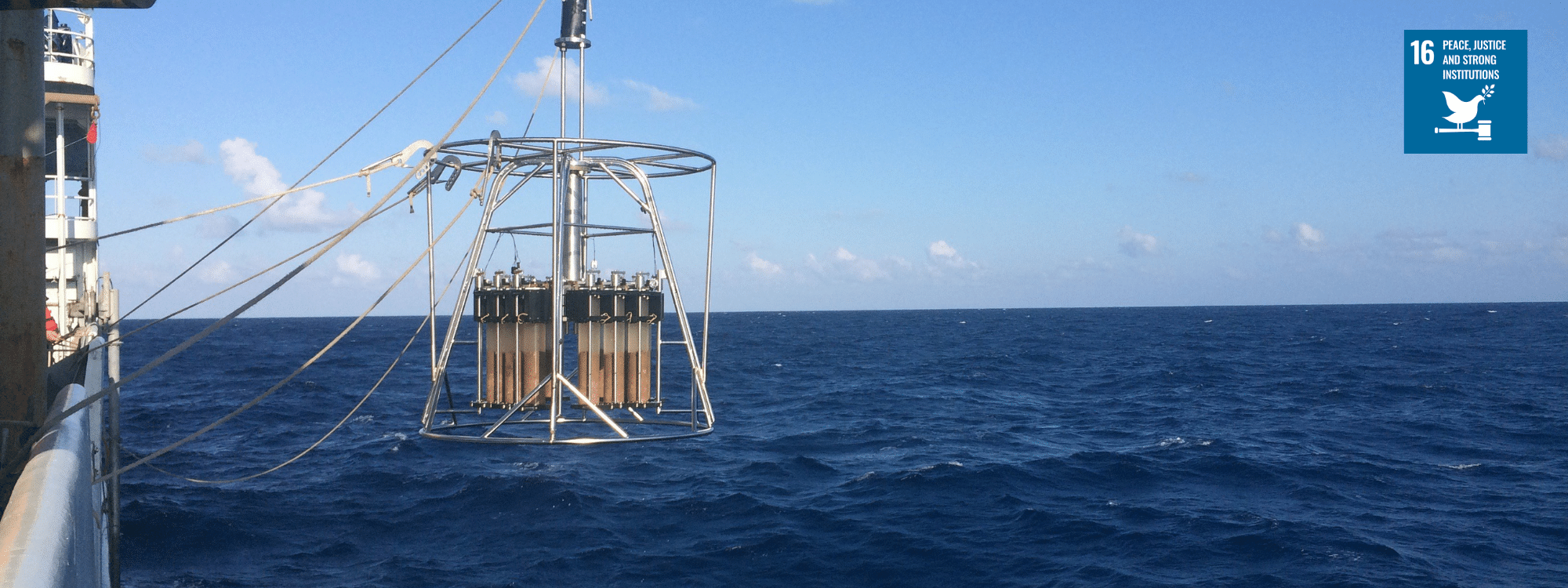
The delivery of its core mandate, i.e. the implementation of a global legal regime to prevent unconstrained exploitation of the seabed and secure benefit for all humanity from the mineral resources of the seabed, is ISA’s most significant contribution to the SDGs.
Setting up ISA through UNCLOS was a bold and critical commitment by the nations of the world to establish a unique governance architecture through which they would cooperate to co-manage the Area and its resources for the benefit of humankind. Without such a governance system, moves to exploit deep-seabed minerals would already be going ahead, in an unregulated way, in the interests of whoever moved fastest to establish their claims, and without any basis for ensuring that exploration and exploitation benefit humankind as a whole.
Developing deep-sea mineral resources to benefit humanity as a whole
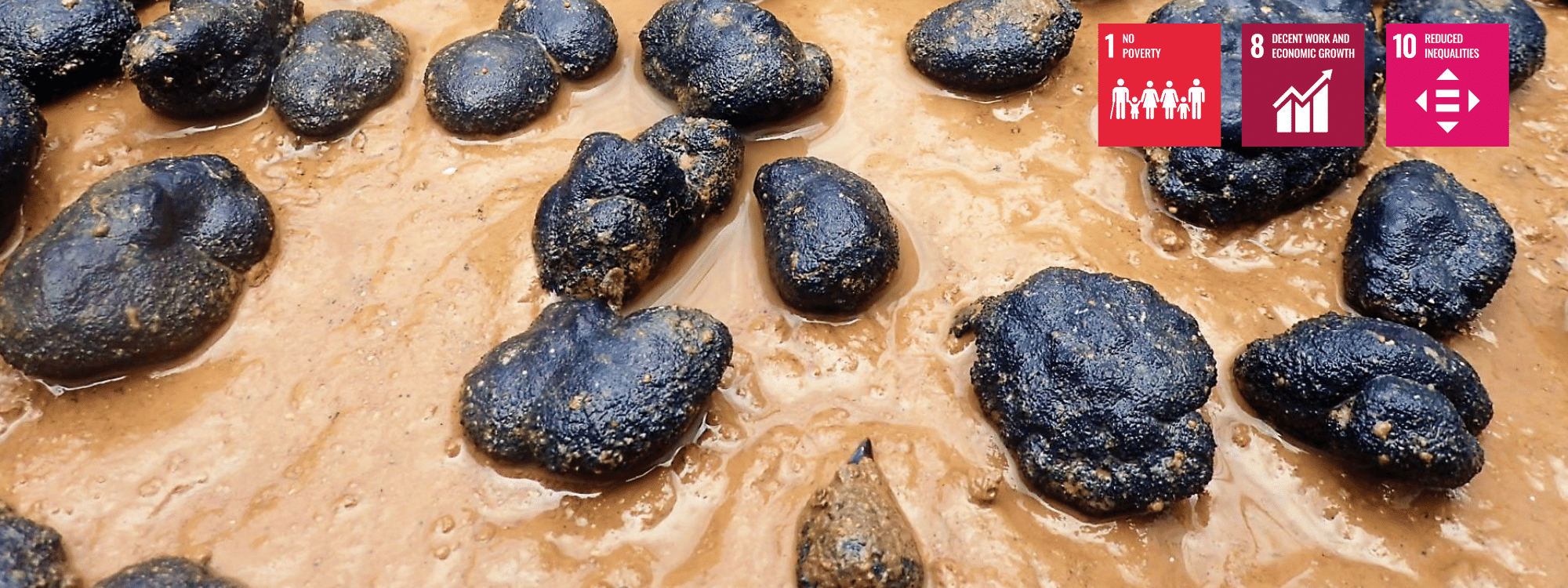
If strengthening the rule of law in ocean seabed governance is the essence of ISA’s work, its ultimate goal is protecting the marine environment and developing deep-sea resources in ways that benefit humanity as a whole.
Different possible paths to meeting rapidly rising global mineral demand have different social, environmental and economic consequences. A critical trade-off may exist between deep-sea mining, which would be highly scrutinized and regulated through ISA, and reliance on growth in weakly regulated sub-sectors and sites of terrestrial mining, leading to substantial social and environmental impacts.
Deep-sea mining will not begin until the full regulatory framework for exploitation has been agreed upon and proposals to move to commercial exploitation have been subjected to regulatory scrutiny. Nevertheless, projected benefits from sustainable deep-seabed mining would contribute to poverty eradication (SDG 1), the creation of decent work and economic growth (SDG 8) and the reduction of inequalities (SDG 10).
Concerning SDG 8, ISA works closely with the International Labour Organization (ILO) and the International Maritime Organization (IMO) to ensure seamless regulatory regimes covering health, safety, and working conditions (see Technical Study 25: Competencies of the International Seabed Authority and the International Maritime Organization in the context of activities in the Area and Technical Study 26: Competencies of the International Seabed Authority and the International Labour Organization in the Context of Activities in the Area).
Benefit-sharing arrangements would additionally lead to deep-sea mining revenues being allocated to countries in ways that would contribute to poverty eradication. However, these arrangements are still under discussion. Therefore it is not yet possible to assess how significant such financial flows are likely to be or the form in which they will be delivered (e.g. through a global fund) (see Technical Study 31: Equitable Sharing of Financial and other Economic Benefits from Deep-Seabed Mining).
Ensuring a rapid and safe transition to low-carbon economies
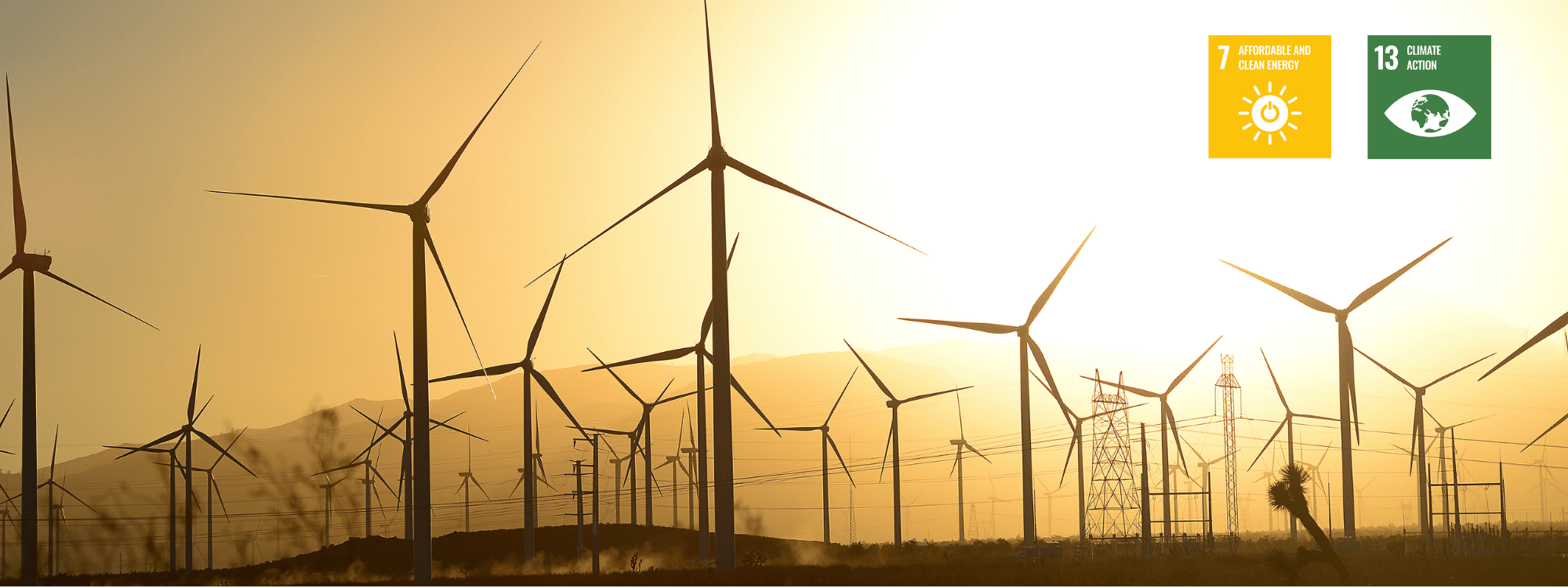
The transition to low-carbon societies and economies drives much of the increased need for critical minerals. The demand for those minerals in the immediate future requires an unprecedented scaling up of mineral production worldwide.
If the responsibility for meeting all the additional demand for metals anticipated by the International Energy Agency fell entirely on the terrestrial mining sector, much of this new production would occur in countries with weak regulatory capacity.
Deep-sea minerals are also typically of higher quality in ore grade and concentration than their terrestrial counterparts, making them more valuable in transitioning to low-carbon economies. Conversely, where land-based ores are of lower quality, a wider exploitation area is required, which can extend the range of any negative impacts.
Increased metal recycling will also be essential to help reduce such impacts, but its potential is nowhere near enough to offset increased demand. International Energy Agency estimates that, by 2040, recycled quantities of critical metals from spent batteries could reduce combined primary supply requirements for these minerals by around 10 per cent.
Prevention of environmental harm through developing a global regulatory framework for deep-seabed mining

ISA is the only organization specifically mandated to protect the marine environment from the possible negative impacts associated with deep-sea mining in the Area. Creating a systematic approach for doing so, which is the heart of ISA’s work, is a precondition for achieving SDG 14. This is a prime example of the development of strong institutions and partnerships needed across the 2030 Agenda, as expressed in SDGs 16 and 17.
ISA and the processes it oversees enable international visibility of the impacts of deep-sea mining in the Area. This offers a considerable advantage in managing those impacts compared to deep-sea mining within national waters and terrestrial mining. However, neither is subject to a global framework to assess and mitigate environmental and social impacts.
Another consideration is the limited scale of deep-sea mining being considered. At present, less than 1 per cent of the seabed is covered by exploration contracts. While there remain significant uncertainties as to the extent of impacts that may be caused by sediment and discharge-water plumes, the area of the seabed that would be affected by deep-sea mining will be much smaller than the area currently under exploration.
Current exploration and future exploitation regulations require environmental baseline studies, impact assessments, and monitoring. ISA has also adopted the environmental management plan for the Clarion-Clipperton Zone, through which representative habitats are protected from the impacts of future exploitation activities. Regional environmental management plans are also being established in more regions where exploration activities occur.
Capacity development and institutional strengthening
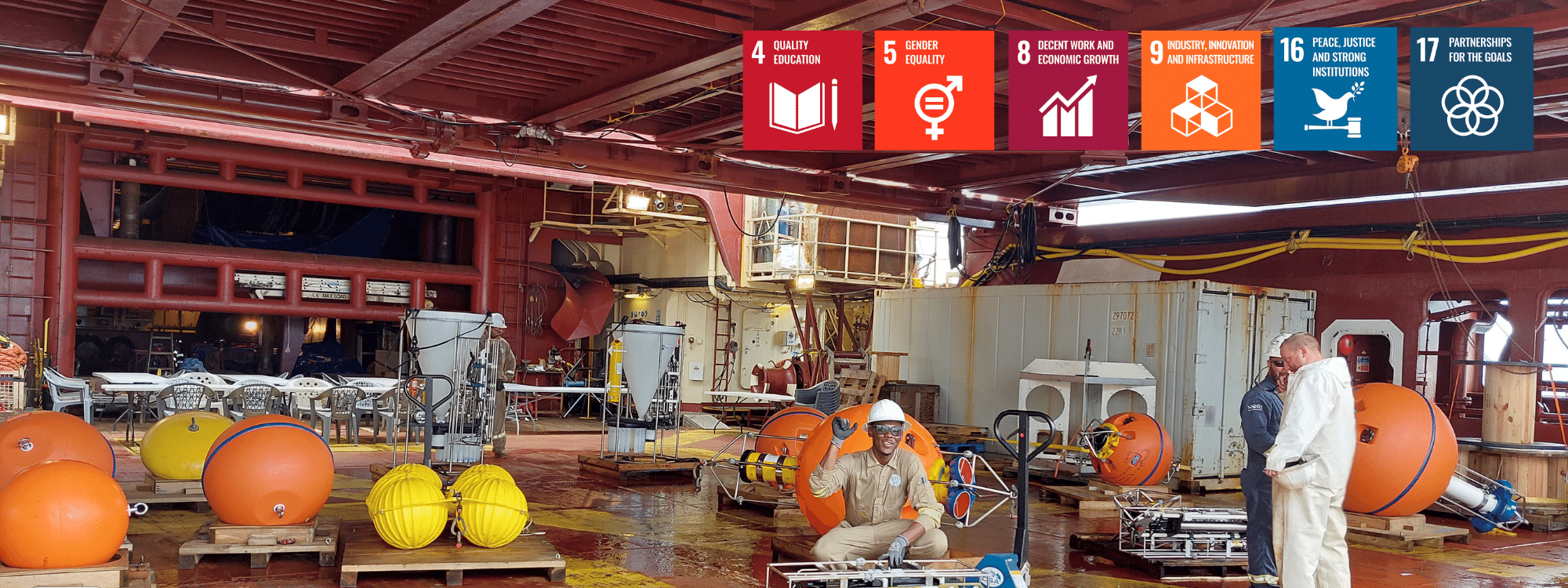
More than 500 people, including 44 per cent of women, have benefited from ISA’s core capacity development programmes, which include:
- the Contractor Training Programme
- the Endowment Fund for Marine Scientific Research
- the Internship Programme.
Additional activities have been undertaken since 2017 through the implementation of the Voluntary Commitments registered by ISA at the 2017 United Nations Ocean Conference. These initiatives include:
- enhancing the Role of Women in Marine Scientific Research, which aims to help empower women and achieve gender parity in the field of marine scientific research
- the Abyssal Initiative for Blue Growth to support Pacific small island developing States, especially the ones that are sponsoring activities in the Area
- the African Deep-Sea Resources project to assist the African States in the fulfillment of their blue economy strategies to ensure that they can benefit fully from the sustainable development of deep-seabed resources.
More recent initiatives include establishing regional and national training centers (such as the ISA-China Joint Training and Research Centre) and launching the ISA Junior Professional Officer programme.
Contributions to marine science
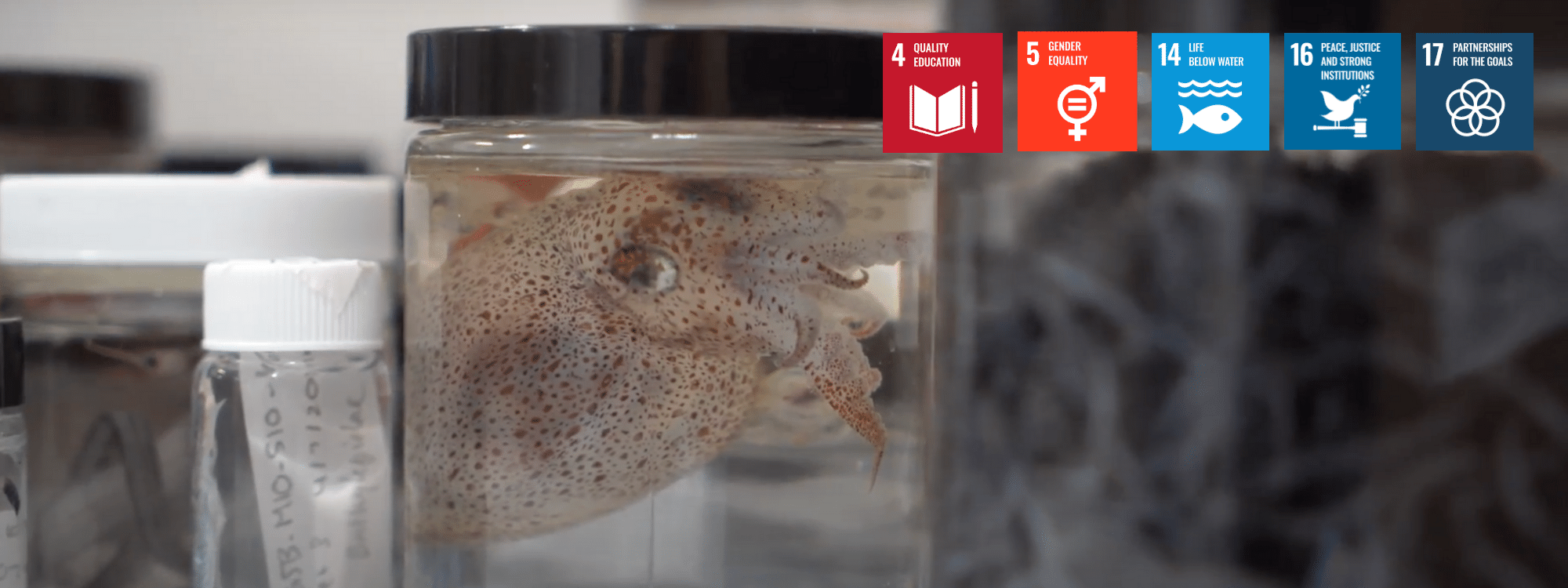
As the organization exclusively mandated to manage activities in the Area, ISA is required to promote and encourage the conduct of marine scientific research in the Area, and coordinate and disseminate the results of scientific research and analysis when available. ISA also has the duty to encourage the development and implementation of appropriate programmes to strengthen the research capabilities of developing and technologically-less-developed States.
In this regard, ISA has implemented various initiatives to facilitate the development of scientifically robust and coherent methodologies for advancing deep-sea biodiversity assessments. For example, ISA has organized a series of taxonomic standardization workshops since 2013. The latest workshop focusing on utilizing image-based technology to advance deep-sea taxonomy was held in October 2021.
The advancement of marine science and global understanding of the deep-sea and ecosystem functions enable the development of evidence-based environmental regulation and strengthen the rule of law by ensuring that evolving rules in the new field of deep-sea mining are consistent with the best available science.
Undertaking marine scientific research as part of the exploration activities in the Area, contractors are building up global knowledge of the deep sea. This is especially valuable given the high cost of marine research at such depths. Research activities carried out on some contractors’ vessels are undertaken by independent scientists, and environmental data is shared through ISA’s public DeepData database.
The unique mandate and role of ISA in advancing marine scientific research is recognized through the adoption of an Action Plan in support of the UN Decade of Ocean Science for Sustainable Development by all members of ISA in 2020. The first report on the implementation of the action plan and the progress achieved was submitted by the Secretary-General to the Assembly in December 2021.


